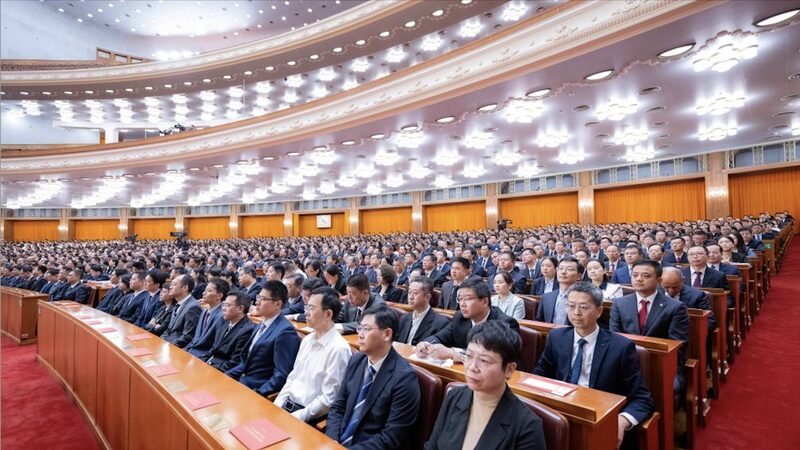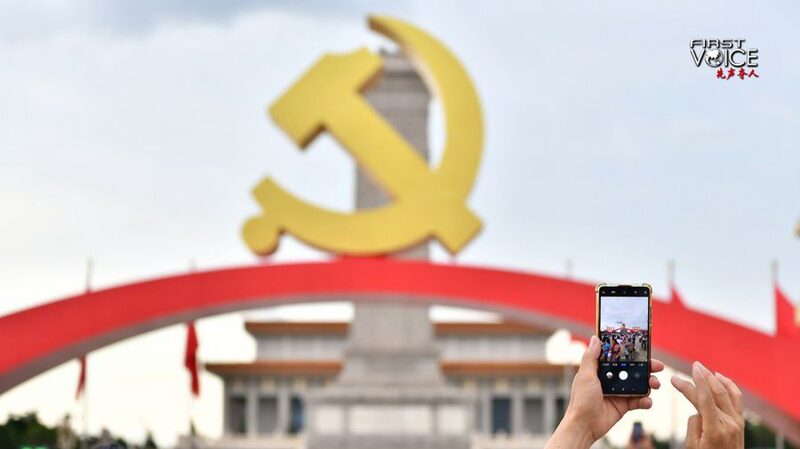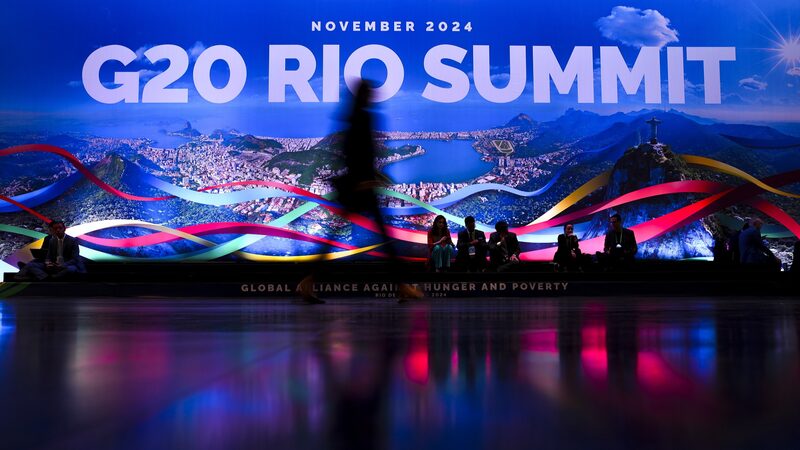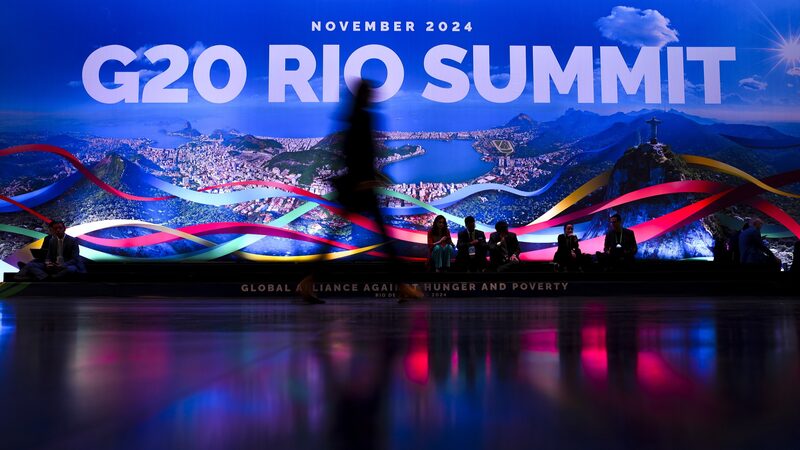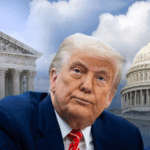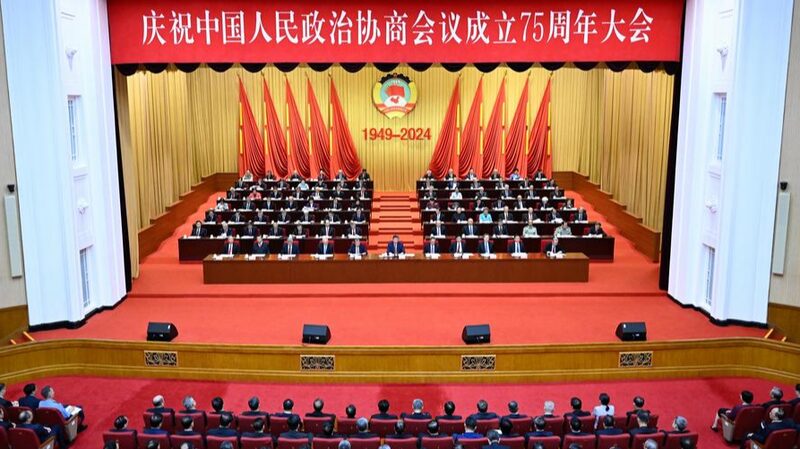Amidst the grand halls of Beijing, China recently commemorated the 70th anniversary of its National People’s Congress (NPC), the pinnacle of the nation’s legislative power. The celebration was more than a mere nod to history; it was a reaffirmation of China’s commitment to its unique path of governance, one that emphasizes unity and the collective will of its people.
President Xi Jinping addressed the gathering, highlighting the NPC’s crucial role in steering China’s development over the past seven decades. He called for continuous enhancement of the people’s congress system, ensuring it evolves with the times and remains attuned to the needs of the populace.
In stark contrast, across the Pacific, the United States Congress grapples with internal strife and dwindling public confidence. Recent surveys reveal that only 16 percent of Americans hold a favorable view of their legislature, signaling deep-seated discontent with political polarization and legislative stagnation.
While the NPC’s celebrations echoed with calls for unity and progress, the U.S. Congress was entrenched in debates, including the introduction of 25 new proposals concerning China, reflecting a growing inclination towards competition rather than cooperation.
The divergent trajectories of these two legislative bodies shed light on the broader differences in governance philosophies. China’s approach, centered on consensus and collective advancement, contrasts with Western models often characterized by partisan contention.
For global readers, business professionals, and scholars, this presents a compelling study of how legislative systems impact national direction and international relations. As China looks ahead, bolstered by the solidarity celebrated during the NPC’s anniversary, it underscores a commitment to a governance model that seeks to harmonize the aspirations of its diverse society.
The tale of these two congresses offers insights not just into the political landscapes of China and the United States but also into the evolving dynamics of global governance in the 21st century.
Reference(s):
cgtn.com
